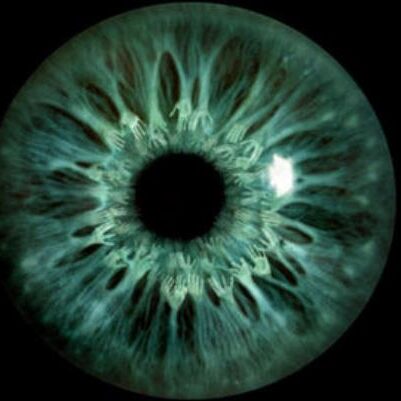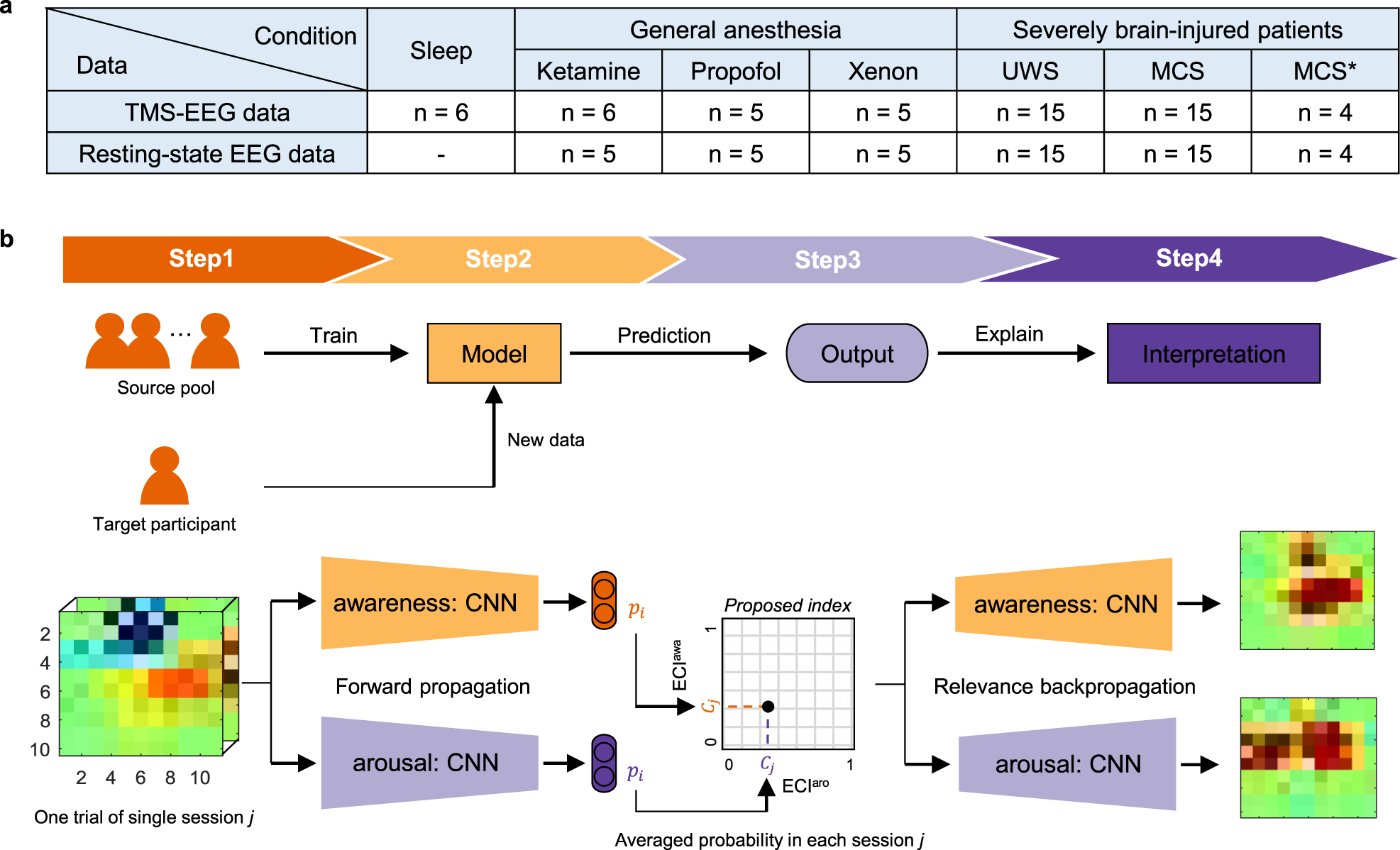In this article, we will explore the fascinating concept of whether paranormal experiences can be triggered by altered states of consciousness. We will examine the various altered states of consciousness, such as hypnosis and lucid dreaming, and their potential connection to paranormal phenomena. Additionally, we will delve into scientific research and studies that have explored this intriguing hypothesis. By the end of this article, you will gain a deeper understanding of the relationship between altered states of consciousness and paranormal experiences.
Introduction
Intriguing and often baffling, paranormal experiences have captivated the human imagination for centuries. From encounters with ghosts to telepathic connections, these phenomena challenge the boundaries of our understanding of the world. But are paranormal experiences simply figments of our imagination, or can they be induced through altered states of consciousness? In this article, we will delve into the complex relationship between altered states of consciousness and paranormal experiences, exploring the psychological, spiritual, and neurological aspects that underpin this intriguing connection.
Understanding Paranormal Experiences
Defining paranormal experiences
Before we can explore the link between altered states of consciousness and paranormal experiences, it is important to establish a clear understanding of what exactly falls under the umbrella of “paranormal.” Paranormal experiences refer to subjective encounters or phenomena that seem to deviate from the laws of nature as we currently understand them. This includes phenomenon such as telepathy, precognition, apparitions, and out-of-body experiences, among others.
Types of paranormal experiences
Paranormal experiences can manifest in various forms, each with its own unique characteristics. One common type is telepathy, which involves the transmission of thoughts or information without the use of conventional communication methods. Another well-known paranormal experience is precognition, where individuals claim to have knowledge or awareness of future events before they occur. Apparitions, commonly referred to as ghosts, are also a popular subset within paranormal experiences, involving the visual, auditory, or physical presence of beings or entities that cannot be explained by scientific means. Out-of-body experiences, on the other hand, involve individuals feeling a separation from their physical body and exploring the world in a non-physical state.
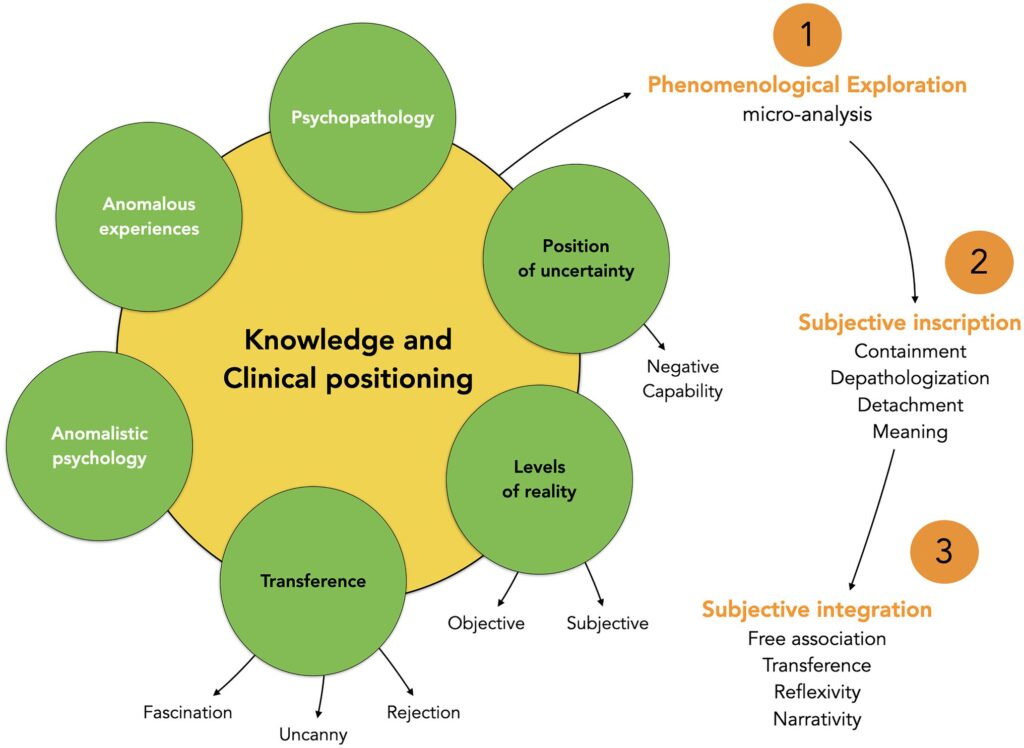
Exploring Altered States of Consciousness
Definition of altered states of consciousness
Altered states of consciousness (ASC) represent a shift in an individual’s normal waking state, resulting in a heightened or altered level of awareness. These states can vary in intensity and duration, ranging from mild daydreaming or meditation to more profound experiences induced by certain substances or practices. Altered states of consciousness can also be achieved through specific techniques such as hypnosis, sensory deprivation, or deep prayer and meditation.
Common methods to induce altered states of consciousness
There are several well-known methods that can induce altered states of consciousness. Meditation, for example, has been practiced for thousands of years and is known to promote a sense of calm and mental clarity. Breathwork techniques such as Holotropic Breathwork focus on altering the breathing pattern to increase oxygen levels and induce an altered state. Certain substances, such as hallucinogenic plants or drugs like LSD, can also lead to altered states of consciousness by affecting neurotransmitter activity in the brain. Additionally, sensory deprivation tanks, where individuals float in a tank of saltwater in complete darkness and silence, have been known to induce profound altered states.
Link Between Altered States of Consciousness and Paranormal Experiences
Historical beliefs and practices
Throughout history, cultures around the world have recognized a connection between altered states of consciousness and paranormal experiences. Ancient civilizations, such as the Egyptians, Greeks, and Native Americans, employed various methods including rituals and hallucinogenic substances to induce altered states and commune with the spiritual realm. Shamanic practices in particular often involved entering altered states of consciousness to gain insights and communicate with spirits or ancestors.
Modern research and findings
In recent years, scientific research has begun to shed light on the link between altered states of consciousness and paranormal experiences. Studies using brain imaging techniques such as functional magnetic resonance imaging (fMRI) have shown that certain regions of the brain become hyperactive during altered states, leading to enhanced perception and sensory experiences. This increased brain activity may explain the heightened awareness and ability to perceive phenomena that would otherwise be dismissed in a normal waking state.
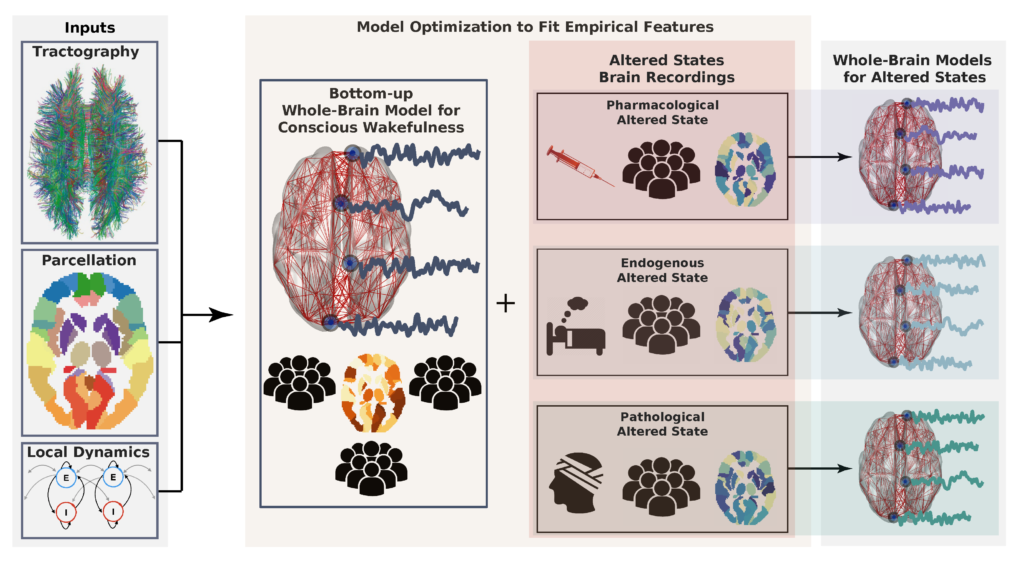
Psychological Explanations
Psychological theories and frameworks
Psychologists have proposed several theories and frameworks to explain paranormal experiences within the realm of psychology. One such theory is the “expectancy” theory, which suggests that individuals who have a strong belief in the paranormal are more likely to interpret ambiguous stimuli as paranormal. The “confirmation bias” theory suggests that individuals tend to seek out and focus on information that confirms their preexisting beliefs, leading them to interpret experiences as paranormal. Another framework is the “cognitive dissonance” theory, which proposes that individuals may experience a conflict between their belief in the paranormal and their understanding of the world, resulting in the reinterpretation of experiences as paranormal.
Role of suggestibility and imagination
Suggestibility, or the susceptibility to accept and act on the suggestions of others, has been identified as a factor that may contribute to the experience of paranormal phenomena. People who are highly suggestible may be more likely to interpret ambiguous stimuli as paranormal and are more open to manipulation and influence. Imagination, on the other hand, plays a significant role in shaping our perception and interpretation of the world around us. In altered states of consciousness, the boundaries of imagination may become blurred, leading to the creation and interpretation of paranormal experiences.
Spiritual Explanations
Spiritual and metaphysical beliefs
Many individuals who have experienced paranormal phenomena attribute these experiences to a spiritual or metaphysical explanation. Spiritual beliefs often involve the belief in the existence of a higher power or spiritual realm that transcends the physical world. According to these beliefs, paranormal experiences can be seen as glimpses into this spiritual realm or interactions with beings or entities that exist beyond our normal perception. Spiritual explanations often provide a sense of meaning and purpose to these experiences, giving individuals a framework to understand and integrate these phenomena into their worldview.
Connection to the spiritual realm
In spiritual explanations, altered states of consciousness are seen as gateways to the spiritual realm. Practices such as deep meditation or prayer are believed to enable individuals to transcend their ordinary state of consciousness and connect with higher spiritual entities or cosmic consciousness. These altered states may provide individuals with insights, visions, or messages from the spiritual realm, leading to paranormal experiences such as telepathy or precognition.

Neurological Explanations
Brain activity during altered states of consciousness
Neurological research has revealed fascinating insights into the connection between altered states of consciousness and paranormal experiences. Studies have shown that certain regions of the brain, such as the thalamus and the default mode network, undergo changes in activity during altered states. These changes can lead to enhanced sensory experiences, heightened emotions, and altered perceptions of time and space. Such alterations in brain activity may create the conditions necessary for individuals to perceive paranormal phenomena or have paranormal experiences.
Neurological conditions and paranormal experiences
Certain neurological conditions have also been associated with the occurrence of paranormal experiences. For example, temporal lobe epilepsy, a disorder characterized by seizures originating in the temporal lobe of the brain, has been known to produce hallucinations and mystical experiences. Individuals with this condition may report encounters with spiritual beings, out-of-body experiences, or precognitive abilities during their seizures. These findings suggest that abnormal brain activity in specific regions can give rise to paranormal experiences.
Case Studies and Testimonials
Notable case studies
Throughout history, numerous case studies have documented paranormal experiences, further fueling the debate surrounding the existence and inducement of such phenomena through altered states of consciousness. One notable case is that of Edgar Cayce, often referred to as the “Sleeping Prophet.” Cayce claimed to enter a trance-like state and provide detailed medical diagnoses and spiritual insights. Another well-known case involves the psychic medium Leonora Piper, who allegedly communicated with the deceased during seances and provided highly accurate information about individuals without prior knowledge. These case studies provide intriguing anecdotes of paranormal experiences but also invite further scrutiny and investigation.
Personal testimonials of paranormal experiences
Beyond case studies, personal testimonials offer a glimpse into the personal and subjective nature of paranormal experiences. Countless individuals have reported encounters with apparitions, instances of telepathy, or unexplained phenomena during altered states of consciousness. These testimonials vary in credibility and can often be influenced by individual beliefs, suggestibility, or the desire for validation. However, they contribute to the ongoing dialogue surrounding the potential inducement of paranormal experiences through altered states.
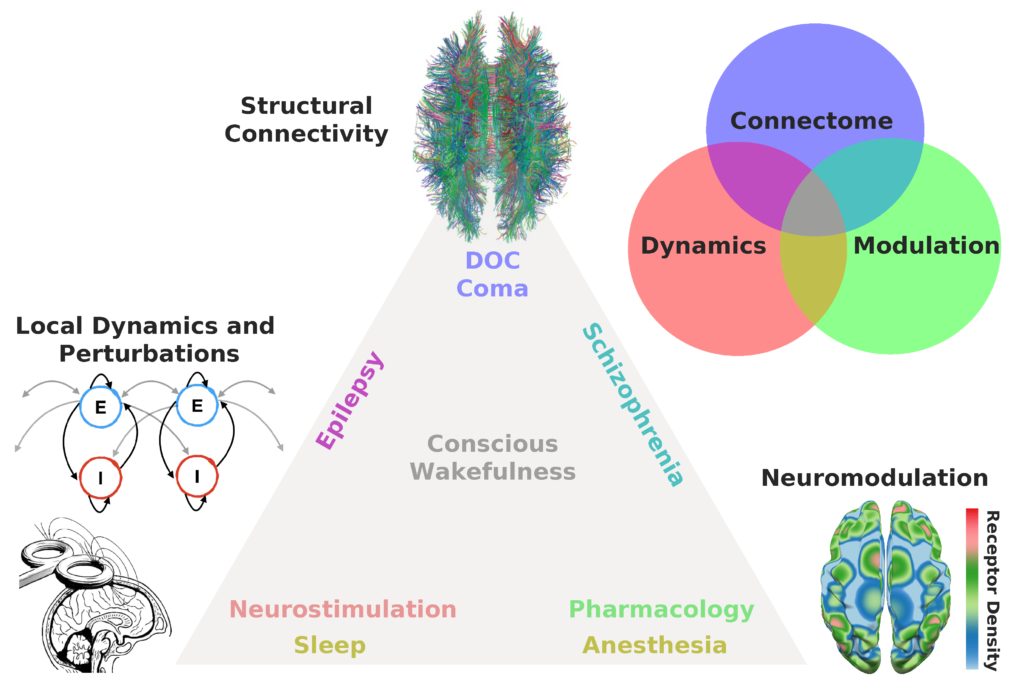
Critics and Skepticism
Arguments against paranormal experiences
Amid the fascination with and belief in paranormal experiences, there are also critics who offer alternative explanations and skepticism. Skeptics argue that paranormal experiences can be attributed to misinterpretations, coincidences, psychological factors such as suggestibility and cognitive biases, or fraud. They advocate for rigorous scientific investigation and claim that without verifiable evidence, paranormal experiences should be treated with skepticism.
Debunking popular claims
Certain claims of paranormal experiences have been debunked through scientific investigation and examination. For instance, alleged psychics or mediums have been exposed as using cold reading techniques to gather information about individuals without their knowledge. Skeptics often expose these fraudulent practices and highlight instances where paranormal claims are based on faulty or biased interpretations of phenomena. Debunking popular claims helps instill a healthy skepticism and encourages critical thinking when evaluating paranormal experiences.
Conclusion
The relationship between altered states of consciousness and paranormal experiences remains a multifaceted and intriguing topic. While some may argue that altered states simply create an illusionary perception of the paranormal, others find solace in spiritual or metaphysical explanations. The psychological and neurological frameworks open up possibilities for exploring the mechanisms that underpin these experiences, while skeptics urge caution and skepticism in interpreting paranormal claims. Ultimately, the quest to understand the interplay between altered states of consciousness and the paranormal invites further exploration, research, and critical thinking to unravel the mysteries that lie beyond our current understanding of the world.
